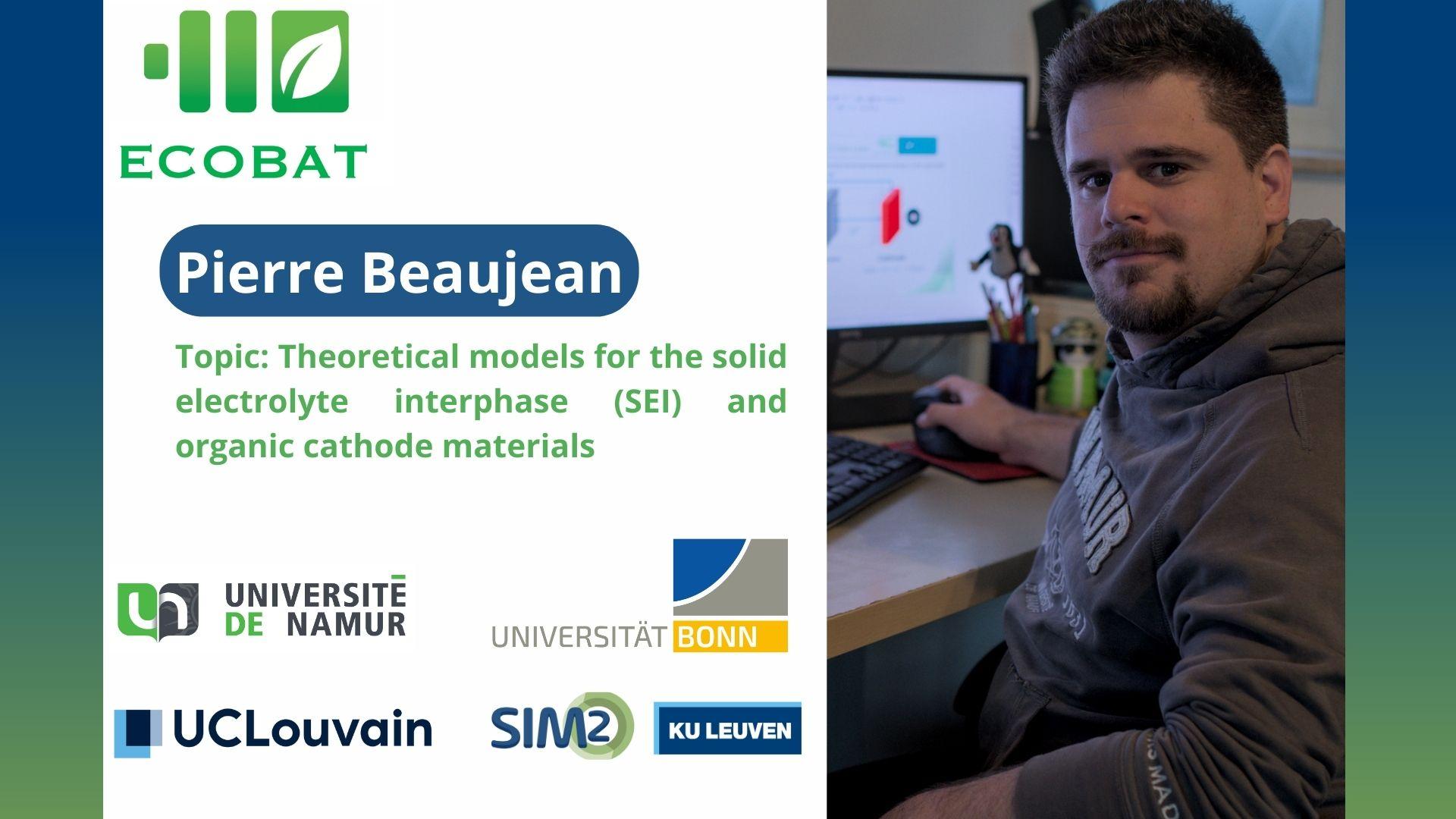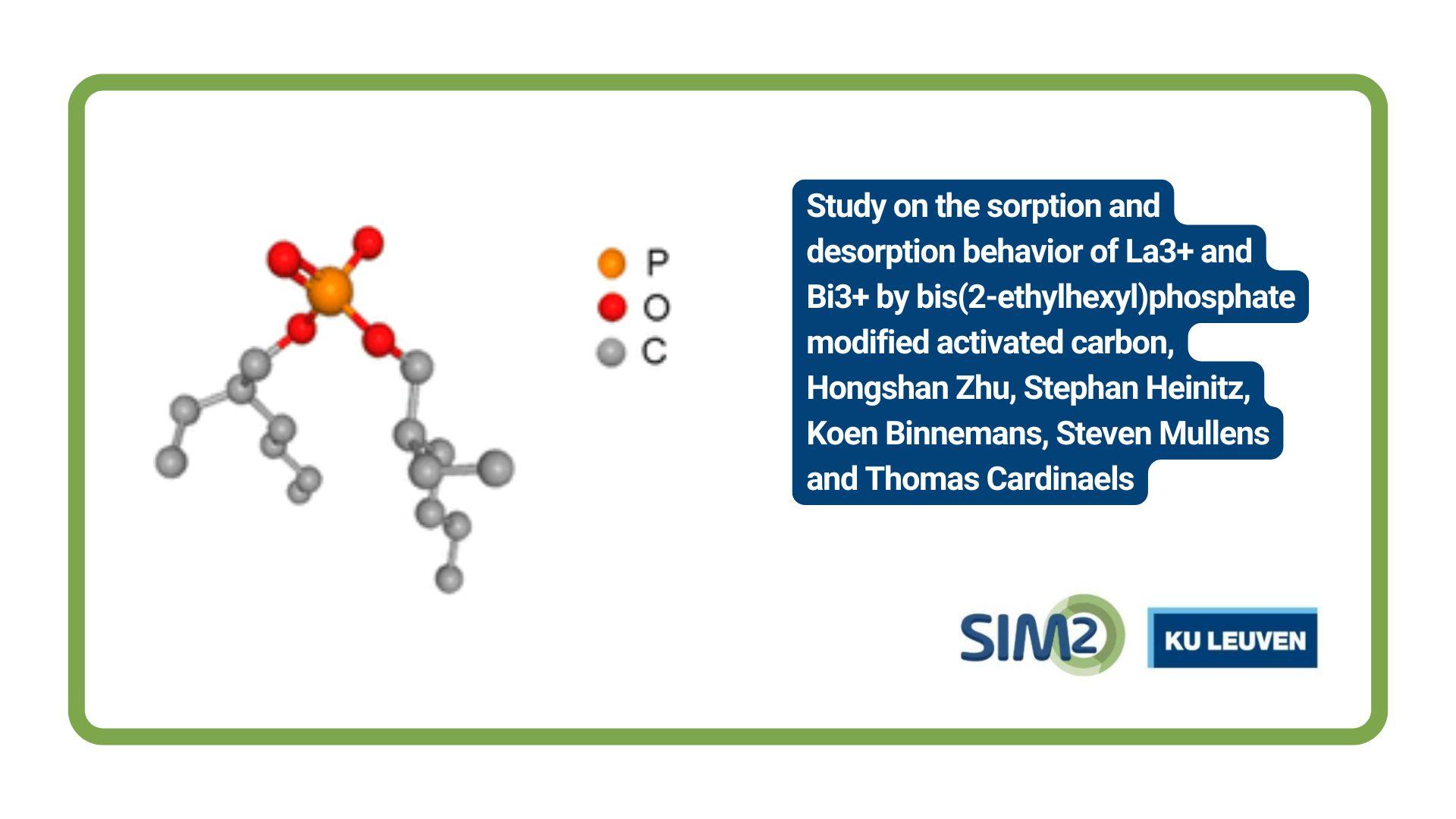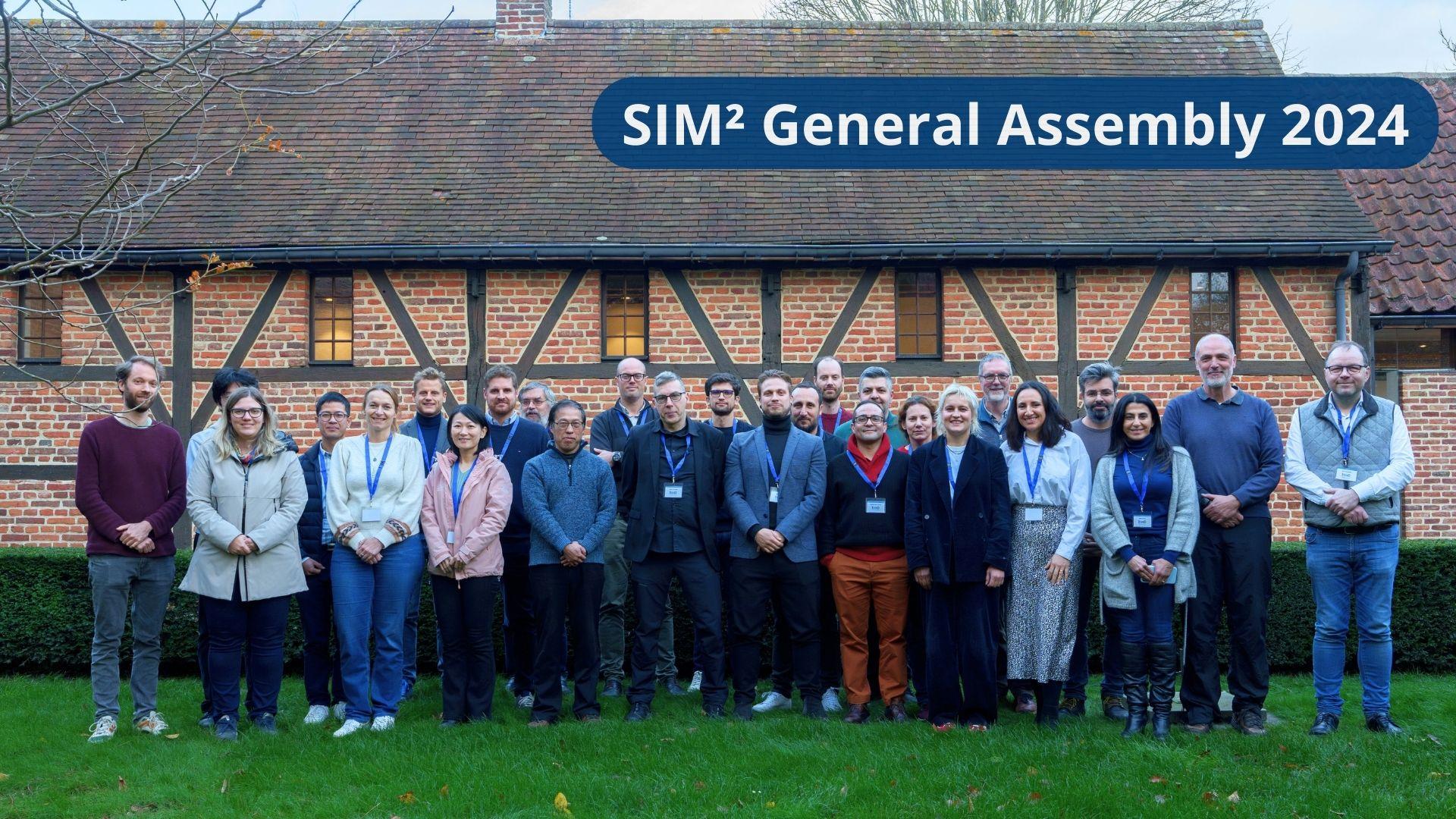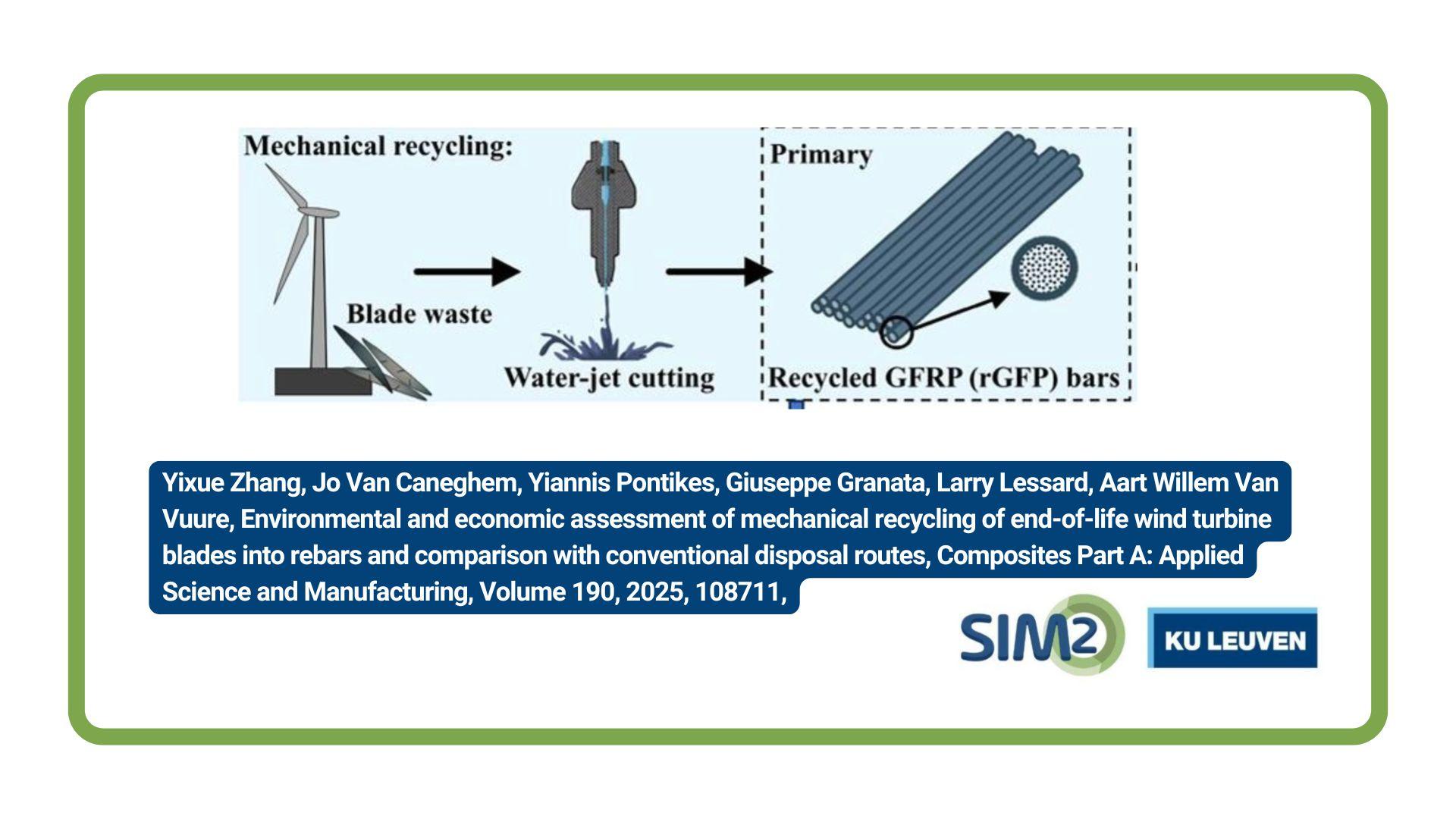Pierre Beaujean was born in Namur Belgium. After earning his Master’s degree in Chemistry from the University of Namur, he pursued a PhD at the same institution in the Laboratory of Theoretical Chemistry (LCT) under the supervision of Professor Benoît Champagne. During his PhD, he also completed a Bachelor’s program in Computer Science. Currently, Pierre is a postdoctoral researcher in the LCT, working on the ECOBAT project. His research focuses on studying new batteries using quantum chemistry tools, with a particular emphasis on the cathode and on the interface between the anode and the electrolyte, the solid electrolyte interphase (SEI) layer, which is a passivation layer forming during the charging process of most batteries.
What are you working on within ECOBAT?
I am using theoretical models for the solid electrolyte interphase (SEI) and organic cathode materials. In Europe, we want to transition from lithium-based batteries to calcium- or other alkaline metal-based batteries. To facilitate this shift, we need to understand how the properties of these SEI change based on the choice of metal cation, such as calcium, magnesium, or others. In my research, I employ quantum chemistry methods to design an SEI with specific properties that retain efficient movement of metal ions from and to the anode. In my simulations, I focus on the different stationary (equilibrium) state of the battery system, while my colleagues in Professor Kirchner’s group, with which I collaborate for this part, are performing dynamic simulations.
Furthermore, in most batteries, the cathode is based on metals (e.g., nickel and cobalt). The extraction process present significant environmental hazards, and the working conditions for miners are also not exactly good. We sought on developing carbon-based materials, and I collaborate closely with Professor Alex Vlad's group, which conducts experimental work.
Naturally, the processes occurring in batteries are dynamic and complex, making it impossible for me to provide an exact theoretical solution for the entire battery system. The more precise we aim to be, the more challenging our calculations become. When simulating such systems, I am essentially searching for the most stable and probable states of the system and working to model those.
What is interesting for you within ECOBAT project?
The work I am doing for ECOBAT is different from what I did during my PhD where I focused on nonlinear optics. So, for this project, I am learning new tools and methods, which is a rewarding challenge. Particularly interesting for me is the collaboration between theory and experimental work. In theoretical chemistry, we generally use bottom-up approach, starting from individual molecules, while experimentalists take a top-down approach. Both sides learn a lot from this collaboration.
Another challenge within ECOBAT is developing models that are both cost-effective and incorporate the essential aspects of the battery system. By "cost-effective," I mean that it takes a reasonable amount of time to run the calculations on a supercomputer. We are fortunate to have access to different supercomputers. In a particular instance, while working on a new cathode material with a colleague of mine (François Mairesse, PhD student), running all our simulations on a single-core computer would have taken approximately seven centuries! Instead, we were able to complete this work in just a few months.
How do you see batteries of the future?
The scientific community has nearly reached the theoretical capacity of lithium batteries in their current design. Since these lithium-based batteries are unlikely to improve further, they will not be the technology of the future. We need to fundamentally change the nature of batteries, most likely by selecting a different metal. This choice will involve a trade-off between the amount of electrical charge that we can store and the mass of the battery.
There are numerous possibilities for future batteries, including those with organic cathodes and metal-free designs, solid solution batteries, or even polymer batteries. The field of battery technology is evolving rapidly, and I remain hopeful that the batteries we are developing will come out on top! 😊
How do you stay motivated to do research?
I like to understand what really is happening in chemical systems. Theoretical models provide answers at the atomic and molecular levels, but it can be frustrating that they cannot treat very large systems. Every morning, I wake up with new ideas that I can apply to add another puzzle piece to my understanding of what is actually happening in batteries!
What technology do you wish existed?
I wish for more powerful computers, particularly quantum computers, which offer a different way of processing information. While they exist, they are still in their infancy and have the potential to operate much faster than traditional computers.
The field of quantum chemistry is also rapidly evolving, with new methods being developed to tackle more complex systems. Together with my colleagues, I wish for the progress of techniques to study battery systems. In that spirit, I recently wrote a paper to propose a methodological improvement*.
One technology that currently exists but I remain skeptical about is artificial intelligence. I believe it is good at reproducing data but struggles to create something truly novel. For example, ChatGPT, which is widely used today, fails to differentiate between good and bad responses. Moreover, an AI takes a lot of computing power (and time) to be trained and it requires a large amount of data.
* – To read the paper of Pierre, go to: https://doi.org/10.1016/j.molliq.2024.126207





